Fthiotida, Greece, December 13, 2017
A hierarch of the Greek Church, His Eminence Metropolitan Nicholas of Fthiotida, has commented on state policies resulting in the sharp decline in the number of parish clergy in Greece, which he argues is deliberate, reports AgionOros.
“When the crisis began, the authorities established that in place of ten retiring state employees (including priests), only one new one could be taken on for work,” His Eminence noted.
The measure seemed partly justified at the time, Met. Nicholas continues, “But today positions are being given to thousands of officials, while the same limitations have remained in relation to the Church. As a result, countless village parishes remain without a priest…”
It is important to remember, the hierarch also notes, that the state has assumed the responsibility of paying parish priest salaries in exchange for Church property being transferred to state ownership. The exact number of parishes and priests is established by law, but the state has been violating the law, according to Met. Nicholas, reducing the number of parish priests.
“Do not deceive yourselves—the reduction of clergy is not due to financial considerations,” Met. Nicholas argues, “There are other motives.”
His Eminence earlier stated that the authorities “are subverting the spiritual foundations of society and trying to transform our eternal institutional values. Their end goal is the imposition of a secular status and godless state upon Orthodox Greece.”
The hierarch states that the law has established 258 priests in 246 parishes in his diocese, although over the past ten years, 100 retiring priests have been replaced by a mere ten priests, creating a lack of 90 priests in his diocese.
Metropolitan Efstathios of Momemvasia and Sparta describes the situation as critical: “Each diocese is lacking at least 20 priests, in our metropolis 70 priests are lacking. It means that the Liturgy is not celebrated at some churches on Sundays. Residents of small villages are abandoned by officials, by teachers, state services.”
Metropolitan Jeremiah of Gortynos shares the same concern: “In my diocese, 50 of 150 churches have no priests. Bells do not ring any more. Once a local resident said to me, ‘We have no teacher, no priest, our bells ring no more… So one day we will become Turks.’”
According to the 2015 data of the Holy Synod of the Church of Greece, the number of parishes without pastoral care has reached 22%; the Church is now short of 2,300 priests out of the total number of 10,500 necessary priests. It is primarily small villages, located far from the next settlement and lacking funds to support a priest, that are being deprived of spiritual care.

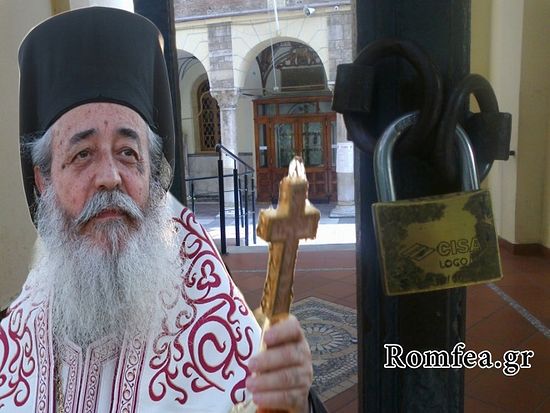

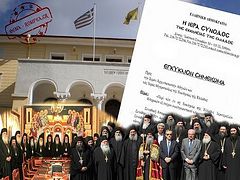
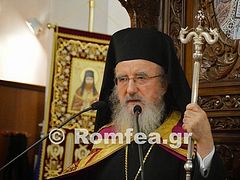
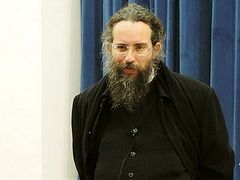
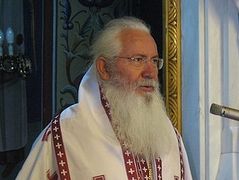
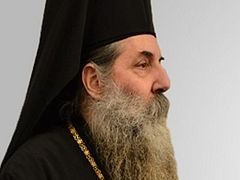
Here in the United States, the government is forbidden from interfering in the affairs of any church. Perhaps the Greek Orthodox Church in Greece should consider the advantages of such an arrangement, and consider old folk sayings concerning shaking hands with the devil.